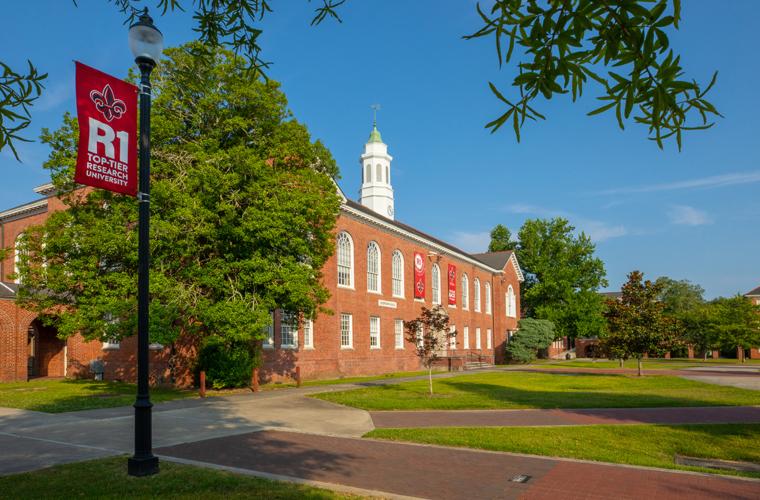Building a Culture of Research and Integrity at UL Lafayette

Starting graduate school as a new assistant or fellow can feel like stepping into uncharted waters. The Graduate School’s Graduate Assistantship and Fellowship Orientation, held on August 21, 2025, was designed to ease that transition, and one of the most impactful sessions I attended featured Dr. Kumer Das, Associate Vice President for Research and Innovation. His talk “You and the Research Enterprise: Contributing as Scholars through Assistantship Roles” provided a glimpse of UL Lafayette’s research enterprise—where we are, where we’re headed, and what that means for us as graduate students.
UL Lafayette has been on a steady rise, recently recognized as the fourth fastest growing research university in the U.S. over the past decade and landing in the top 90 public research universities nationwide. For those of us who sometimes get lost in the alphabet soup of research terms (PI, sponsored projects, external grants, etc.), the talk broke things down clearly: not only is money coming into the university, but grad students are contributing to the research and seeing the benefits directly through funded projects and assistantships.
The university’s achievements include earning the prestigious R1 classification, placing UL among the top four percent of research institutions nationwide. But the emphasis went beyond prestige. Dr. Das reminded us that research here is about impact—on people, on Louisiana, and on the world.
UL’s economic influence is striking: $2.7 billion across Louisiana. For every dollar invested in UL, eight dollars come back in added income and social savings. Those numbers underscore the ripple effects of research, and they highlight our shared responsibility as graduate students to communicate science effectively beyond academia.
Of course, all this growth makes it even more critical that research coming out of UL is trustworthy. Dr. Das emphasized that research integrity isn’t just about avoiding misconduct—it’s about building confidence in our methods and findings throughout the entire research lifecycle, from proposal to publication.
He outlined the “Big Three” forms of misconduct—plagiarism, fabrication, and falsification—along with other deviations from accepted practices. While these may sound obvious, the reminder was important. Graduate school is demanding, and the temptation to cut corners is real. But shortcuts don’t just put one person’s reputation at risk—they threaten the credibility of the broader research community.
Fortunately, we’re not on our own. UL’s Office of Research Integrity is a resource available to us, and as grad students we’re expected to complete training in the Responsible Conduct of Research as well as comply with requirements like effort certification. Beyond checking boxes, Dr. Das urged us to think bigger: cultivating a career-long commitment to ethical research.
Walking out of the session, I found it clear that the message was bigger than just compliance or rankings. It was about seeing ourselves as part of a research community that is both growing rapidly and responsible for shaping the future. If we commit to doing our part with integrity, the ripple effects—economic, societal, and human—extend far beyond our own labs and dissertations.